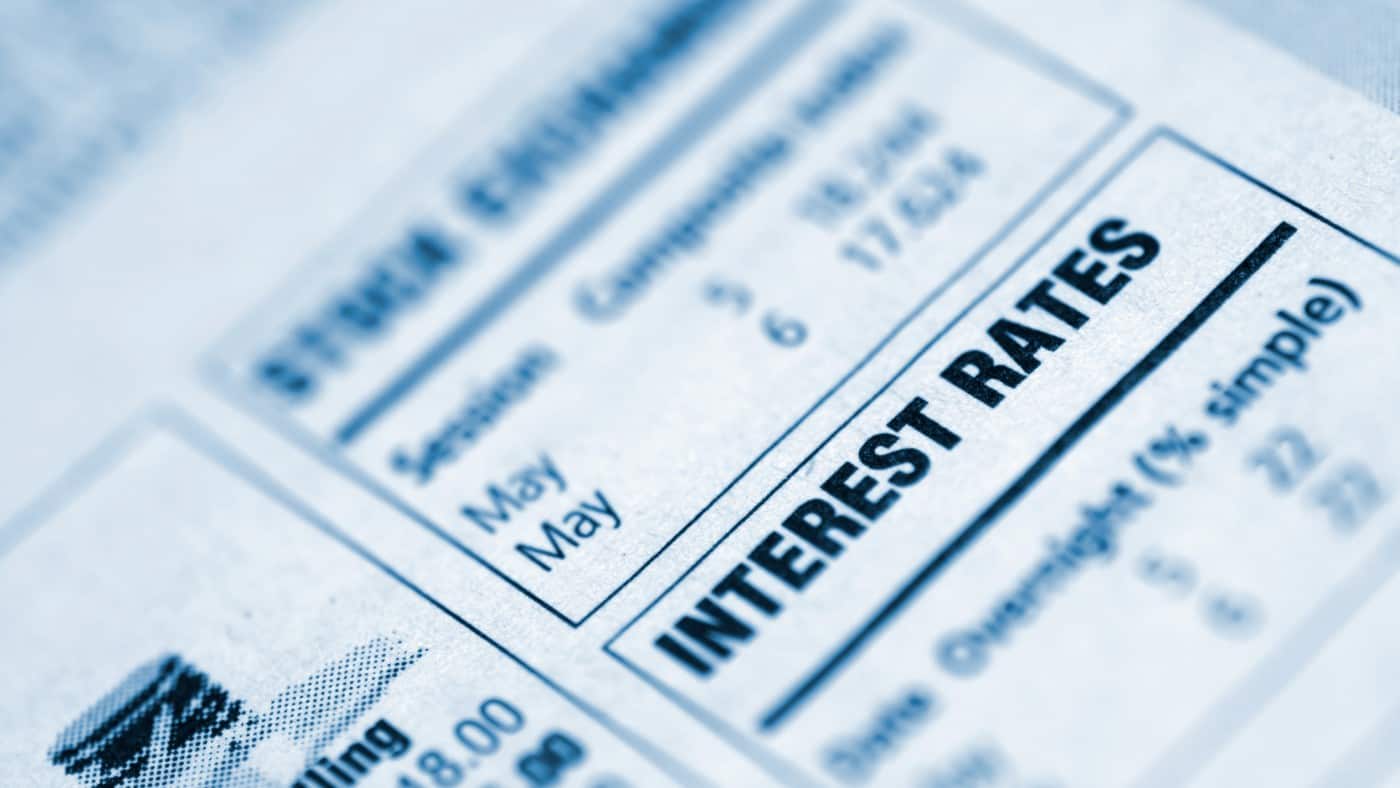The Bank of England is likely to increase interest rates to 0.5% when it meets on 3 February. According to Hargreaves Lansdown, rates may hit 1% by the summer, increasing to 1.25% by the end of 2022. This will make borrowing more expensive and significantly impact personal finances.
Sarah Coles, senior personal finance analyst at Hargreaves Lansdown, commented, “The idea behind rate rises is to ease inflation and alleviate the cost of living crisis, but for anyone facing a horrible combination of higher mortgage payments and rising taxes, it could do the precise opposite.”
I’m going to explain what a rise in interest rates could mean for your mortgage, savings, shares and credit cards.
[top_pitch]
Why is a rise in interest rates likely?
Interest rates are a tool to manage inflation, which is currently at 5.4%, the highest rate since 1992. According to the ONS, average wage growth was 4.5% for the private sector and 2.6% for the public sector last year. If wages don’t keep up with inflation, people may struggle to afford essential goods and services, creating a cost of living problem.
Sarah Coles believes “It would be incredibly difficult for the Bank of England to sit on its hands after inflation reached its highest point for 30 years, so the market is pricing in a hike this week.”
How might rising interest rates impact your mortgage?
According to The Guardian, a quarter of mortgages are on variable rates. Any increase in interest rates is likely to be swiftly passed on to those with tracker-type variable-rate mortgages. Lenders have discretion in changing standard variable rates, although these are typically also increased in line with interest rates.
Fixed-rate mortgages protect against increases in interest rates. However, mortgage rates will be higher when the fixed-rate period comes to an end. Five-year fixed-rate mortgages were available at an initial rate of 0.99% last year, compared to 1.25% currently. This would increase monthly mortgage payments by £65 for a £300,000 mortgage.
Read our mortgages guide to find out more about different mortgage options.
What about your savings?
In principle, higher interest rates are good news for savers. However, Sarah Coles reports that “only a tiny fragment of the market has passed on rate rises in full”. Take a look at our top-rated savings accounts to ensure you’re getting the right interest rate for you.
With inflation at over 5% and the average instant access savings rate at 0.2%, money in savings accounts is effectively losing value at the moment. A better hedge against inflation might be to invest in a Stocks and Shares ISA, with UK equities delivering a 7.8% annual return, on average, according to IG (based on the FTSE 100 since 1984). Stocks and Shares ISAs allow you to contribute £20,000 per year in a ‘wrapper’ that’s free from income and capital gains tax.
[middle_pitch]
And your shares?
On the whole, higher inflation results in lower share prices. One reason is that accompanying interest rate rises encourage investors to swap from shares to bonds. Concerns over inflation and interest rates have contributed towards a 9% fall in the FTSE 250 index in January.
It may therefore be sensible to review any shares you hold. Here are a few examples of possible ‘winners and losers’ if interest rates rise:
- Higher interest rates may reduce the value of high-growth companies’ future cash flows and, by extension, their share price.
- Companies providing consumer staples such as food and energy tend to prosper as they’re better able to pass on price rises to customers without reducing demand.
- Companies with a large debt burden face an increase in their cost of borrowing, which may reduce their profits.
If you’re thinking about buying and selling shares, read our guide to choosing a share dealing account.
How could rising rates affect your credit card borrowing?
According to the Bank of England, the average credit card debt in the UK is £2,080 per household, while the average interest rate is 21.5%, the highest since 1998. Credit card companies are likely to pass on higher interest rates to their cardholders. That said, this won’t impact you if you pay your balance off in full at the end of each month.
If you’re looking for a lower-interest credit card, take a look at our top-rated credit cards. Applying for a card that offers 0% APR on new purchases and/or balance transfers could reduce the interest you pay.
One of our top-rated credit cards, the M&S Shopping Plus Credit Card, currently offers 0% on purchases for 23 months. The Santander All in One Credit Card offers 0% APR on balance transfers for 26 months with no balance transfer fee.
Take away
With interest rates likely to be increased to 0.5% on 3 February, consider reviewing how this affects your finances. Savers could look for the highest savings rates and/or consider investing in the stock market to hedge against inflation. Borrowers might choose to review their mortgages and credit cards to check whether they could move to more competitive rates.







